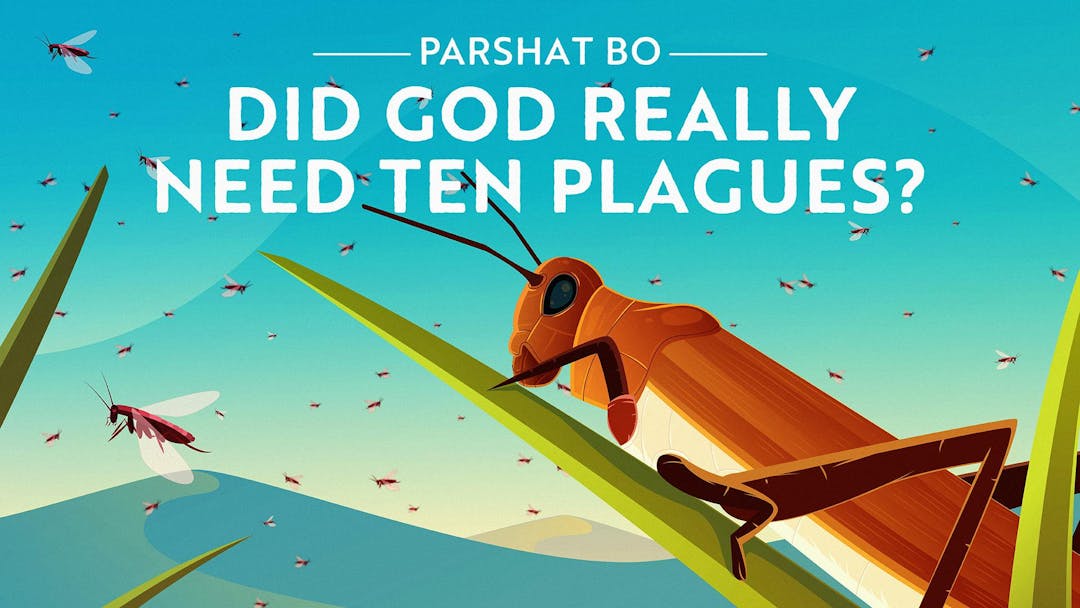Start your free trial today to unlock the full library and enjoy unlimited and uninterrupted access.
Get StartedGod's Justice In Action
The Meaning Behind The Tenth Plague Of Egypt
After God tells Moses about the last plague before the Exodus, He makes a series of odd statements before actually performing the plague of death on all the firstborns in Egypt. Why? What was different about the tenth plague?
In this video, Rabbi Fohrman argues that before unleashing the final plague on Egypt, God was making a fundamental argument about the ultimate nature of justice.
Want to watch the full video for free?
Enter your email and we’ll send you a link to watch the full series free.
What is Aleph Beta?
Aleph Beta is a unique kind of Torah library. Led by our founder, Rabbi David Fohrman, we are dedicated to high-level, textual Torah learning for adults that is intellectually and spiritually sophisticated, that enlivens your Jewish practice and helps you forge a deeper connection to God. Whether you’ve been learning in yeshiva for years or you’re just beginning your Torah journey, you’re sure to find something meaningful and surprising waiting for you here.
Browse our library of over 1,000 beautifully produced animated videos, podcasts, deep dive courses, and printable guides. Topics include the weekly parsha, Jewish holidays & fast days, laws & mitzvot, prayers, relationships, big philosophical ideas and more. Have something to say at the Shabbos table that will amaze your family and guests and bring deep meaning into their lives.











